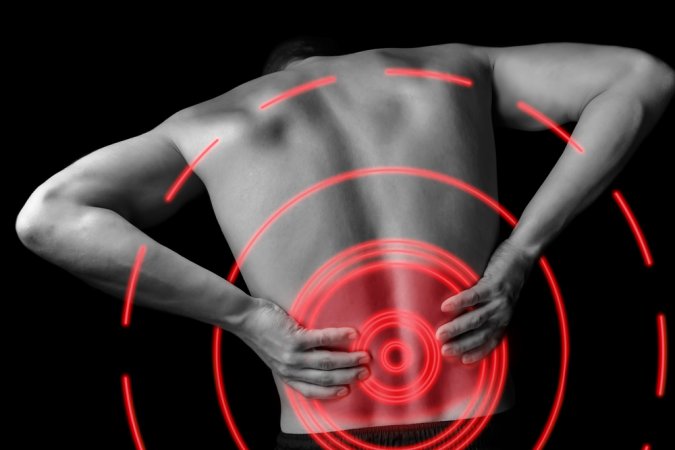
1. Surgery
Surgery is not required for every herniated disc. But if there is a delay or if it is treated incorrectly, paralysis in the foot, which we call “drop foot”, and worse, constant urinary incontinence may occur. That’s why it’s best to see a neurosurgeon.
2. Only low back pain
It can occur in every phase of the disease as well as in the beginning. If the shifts that occur with the movement between the vertebrae, which we call “unstable” or are present in any case, are compatible with the examination findings and the patient’s complaints, surgery may be considered. However, most low back pain will go away with simple medical treatment and rest if it is related to the spine and nerves. Expert opinion is recommended for reasons other than the spine and nerves causing pain in the lower back. There are many other ailments that mimic the complaints and findings of herniated disc.
3. Pain in the leg
It occurs in cases of advanced lumbar hernia and is important. Again, most of them pass with appropriate medical or physical therapy methods. Here, too, other diseases such as the discomfort of the joint between the lumbar spine and the hip bone may have come into play, apart from herniated disc. At this stage, it is recommended to see a neurosurgeon and question the possibility of surgery.
4. Weakness, numbness in the foot or leg
It arises from the ongoing pressures at the spinal cord level or at the exits of the nerves going to the leg or foot and may require surgery. At this stage, the pain is usually secondary and may even be completely gone; The patient and the surgeon should decide together to guide the treatment.
5. Frequent urination, incontinence or inability to urinate
Urinary problems are urgent and if not surgically intervened within 8 hours, they cause permanent sequelae and become extremely difficult to treat.
6. Cortisone application, screwing operations
Cortisone can treat lumbar hernia, which has reached the surgical stage, as a temporary solution. It is recommended that the treatment here be left to the experts and experienced. There is no harm in stabilization with titanium screws applied for unstable cases by experienced and competent specialists. These do not cause a reaction in the body. However, they may become infected during application or for other reasons. This situation is also observed in 1% of normal lumbar hernia surgeries.
7. Alternative applications
Since the time of Hippocrates, waist pulls, pitch drives, threading, etc. manipulations are not recommended as they cause serious complications (side effects). In fact, these applications can sometimes even put a non-surgical herniated disc into a surgical condition.
8. Kilos
You may not be overweight, but if you can lose a little bit of the weight you put on your waist, you will lighten the load on your spine.
9. Sports and prayer
There is a saying, “Sports are harmful to health”. Really unconscious sports can harm the body. Choose the types that minimize the movement of the lumbar vertebrae in the sport you are doing. Movement of arms and legs is helpful. Therefore, we recommend swimming. Do not do sports that cause excessive waist movement. Sports that strengthen the abdominal muscles and walking are the most ideal. Do the barbell lifting while lying down. Perform the prayer sitting down during the recovery period after the surgery.
10. Sexual activities and stress
Active movements that burden and force the waist can be harmful. Surgery does not have a bad effect on sexual power. However, because stress and pain affect sexual impulses, a reluctance occurs. Therefore, it is recommended to stay “passive”.

